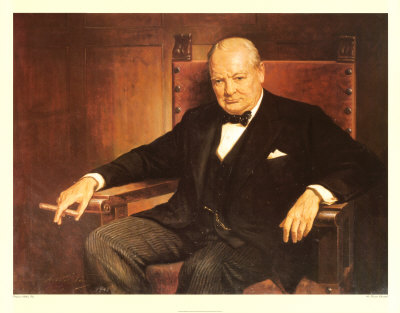New data suggest a “rebalancing” of the global economy. Domestic spending in the developing world is beginning to replace export-buying American consumers as a growth engine.
All Articles
“The proper function of spies is to remind those who rely on spies that the kinds of thing found out by spies can’t be trusted,” notes Malcolm Gladwell.
Recent research suggests that people all over the world might be modeling themselves after characters on soap operas—and that their lives are improved as a result.
Group theory “bridges the arts and sciences,” writes Steven Strogatz. “It addresses something the two cultures share—an abiding fascination with symmetry.”
How designers are revolutionizing corrective eyewear with low-cost, durable, beautifully designed glasses for the developing world, where lack of access to vision healthcare presents an obstacle to anything from basic safety to education
We love our American President for his gift with words, and we learn from him in how he uses them—in articulating war, in assailing Wall Street, or even in making […]
While people wonder daily about the future of the newspaper, music and publishing industries, the television business seems to be surviving on its own terms. Sure it has lost revenue […]
Morality is an indirect consequence of evolution that balances the needs of individual survival and satisfaction with those of society, writes a contributor at Psychology Today.
Our age’s outright attack on God may just be a reactionary response from an “ideology of reason” that imitates the dogmatic methods it is critical of, says The Spectator.
The supposed infallibility of DNA test results, due to individuals’ unique gene sequences, creates a cult of unaccountability that can lead to false convictions.
The preservation of “fundamental rights” by a nation’s judiciary is an old habit of tempering democracy with aristocracy, writes James Grant of the U of Cambridge.
Fred Donner, a historian at the U of Chicago, has published a history of Islam that demonstrates the faith’s original openness to outside members.
While Europe is no longer the colonial power it once was, and though its politics are mired in seemingly small issues, its social values provide the continent its staying power.
If you live in a city, it’s probably loud; the effects of noise pollution fall disproportionately on the poor and damage our psychology as well as our physiology.
Another lengthy analysis has been done on the over prescription of psychotropic drugs in America: is the tide turning against our favorite little pills?
As genetic research advances, the risk of attributing too many qualities, such as genius, to our genes dangerously downplays individual potential for achievement.
Richard Dawkins lets go some invective against Pope Benedict XVI when asked by the Washington Post if the pontiff should be held responsible for the Church’s sex abuse scandals.
Maybe the Tea Party isn’t the real threat to the Democrats after all. The greatest threat to the Democratic majorities in Congress just may be old people. Margaret Talev points […]
The FBI has opened a criminal probe of Massey Energy in connection with the explosion at the Upper Big Branch coal mine that killed 29 miners in West Virginia last […]
Gary Becker and Richard Posner of the University of Chicago discuss the merits of a Value Added Tax as a replacement for income tax and a solution to American budget deficits.
The Los Angeles Times argues that video game violence is protected by the 1st Amendment and that parents should act as regulators, not governmet.
When did Foucault and Derrida replace Trilling and Eliot? And why do literature students look to philosophers rather than literary critics in the first place?
Almost everyone cheers for the underdog, but why? Turns out it may be to maximize our pleasure and psychological gain when watching sports events.
Beyond novelty, which is extrinsically valuable, lasting love must find ways to enjoy routine activities, which are intrinsically valuable.
The eternal quest for self knowledge has entered the realm of cold data collection: statistics to make our personal lives more calculable and efficient.
The New Yorker looks at the history of The Boston Tea Party and how the event has been appropriated by people of different political leanings ever since.
Of all old media platforms, TV has been the best at adapting to the Internet and still enjoys popularity while the CD, the newspaper, and possibly the book, are in decline.
In an interview with The Nation, historian Tony Judt says consciously choosing to build a social democratic state is an expression of our freedom, not a limit on it.
Athletics isn’t all brawn: the professional athlete’s brain has been trained to be more efficient enabling them to make quick decisions in a rapidly changing environment.
“I am an optimist,” Brazilian-born artist Romero Britto writes in the introduction to his new book Happy! “I know that isn’t a common trait to have these days, but I […]





